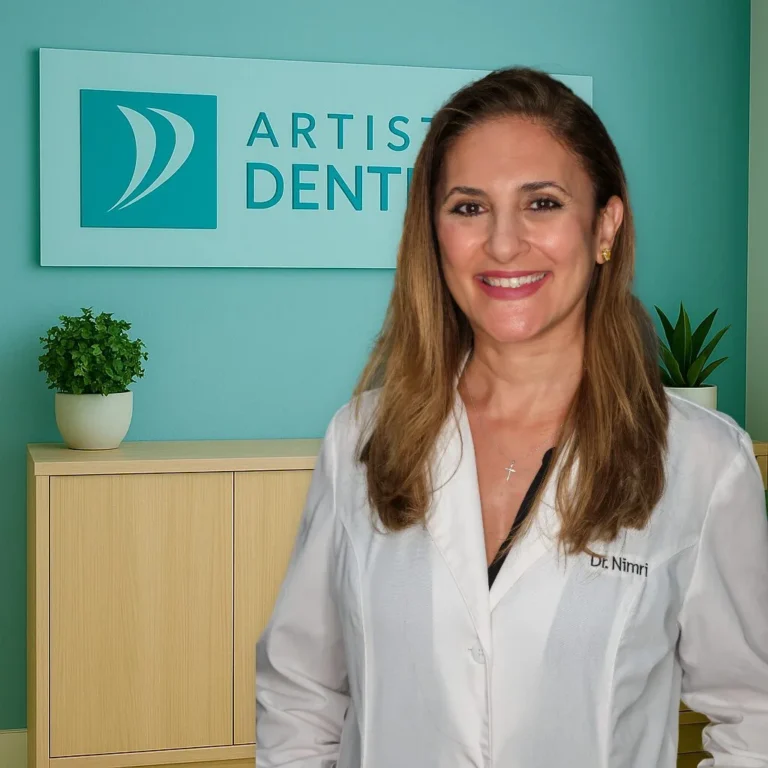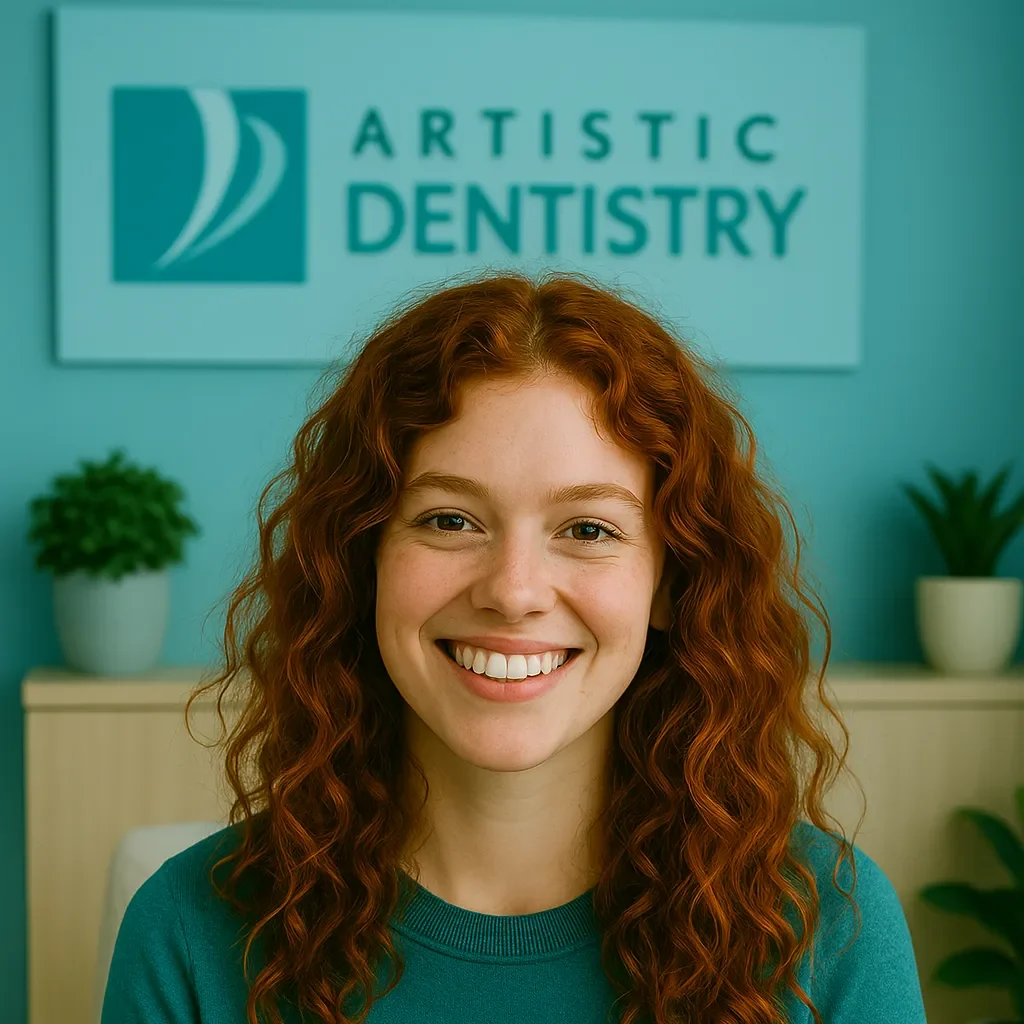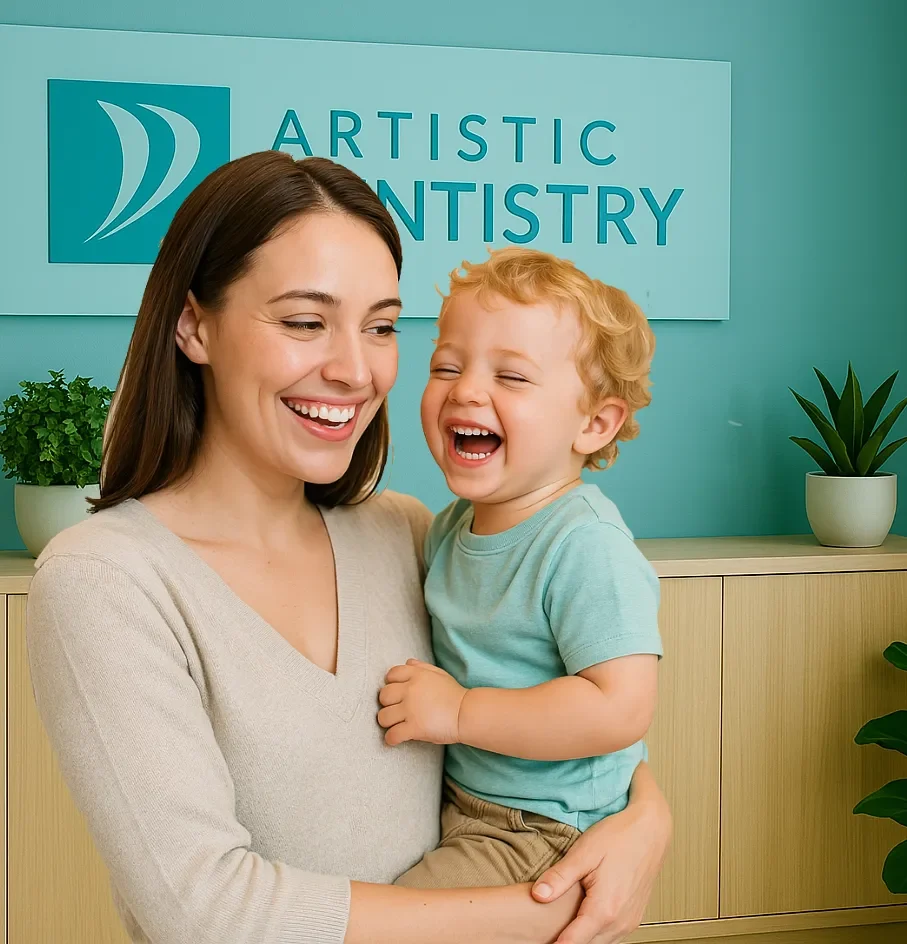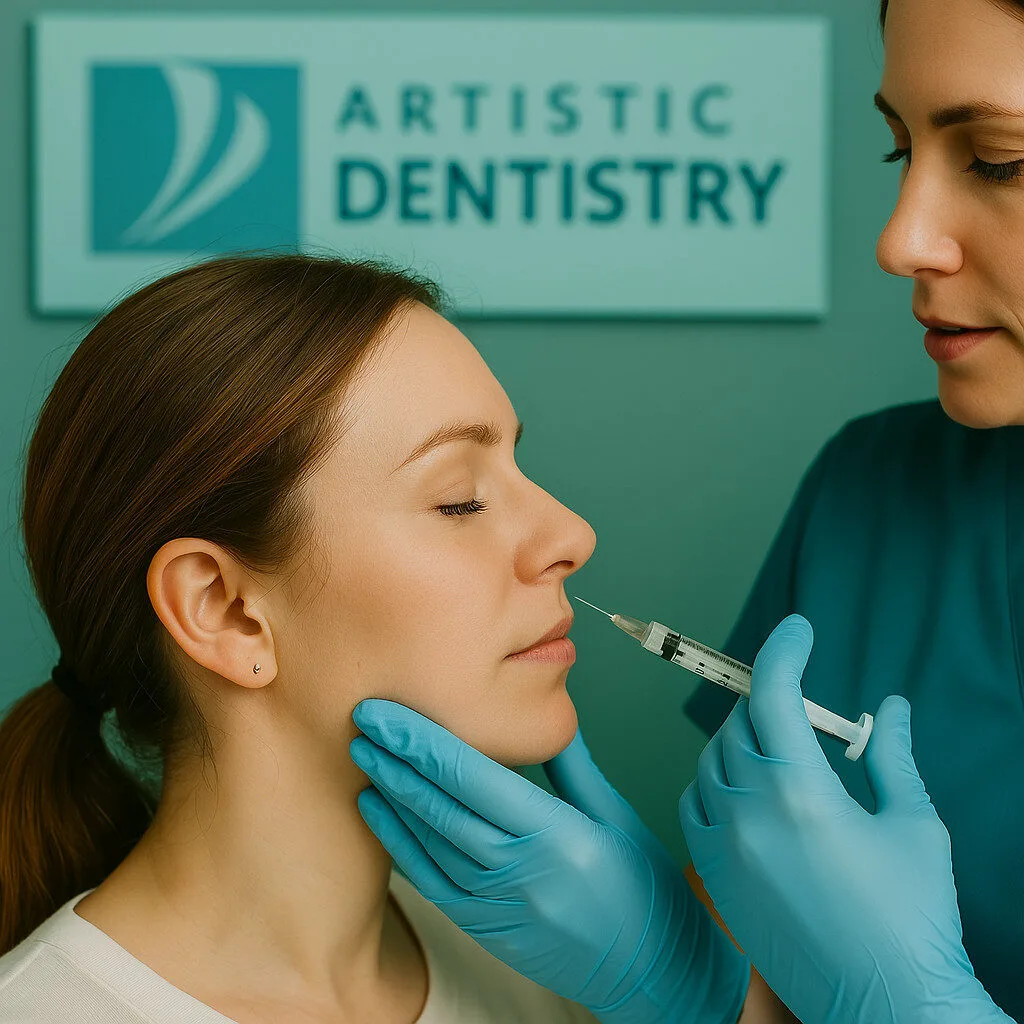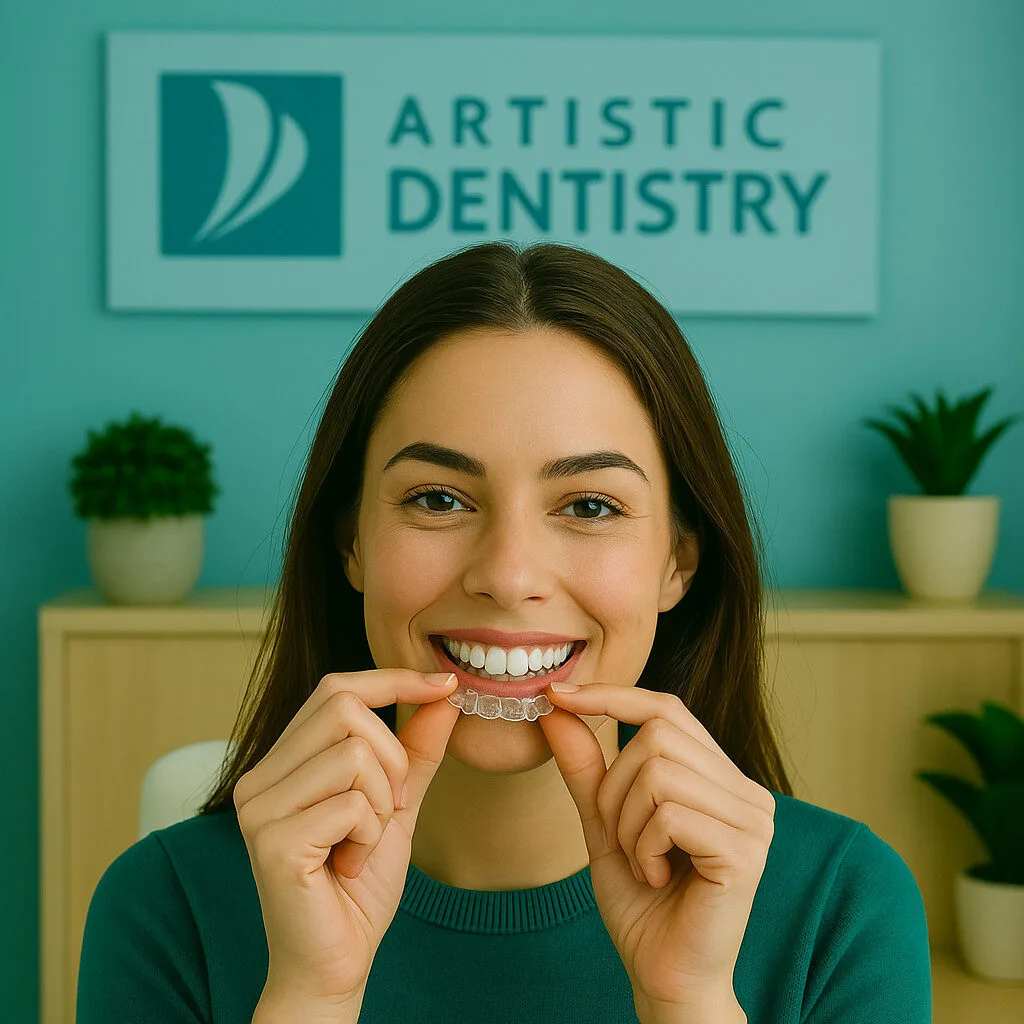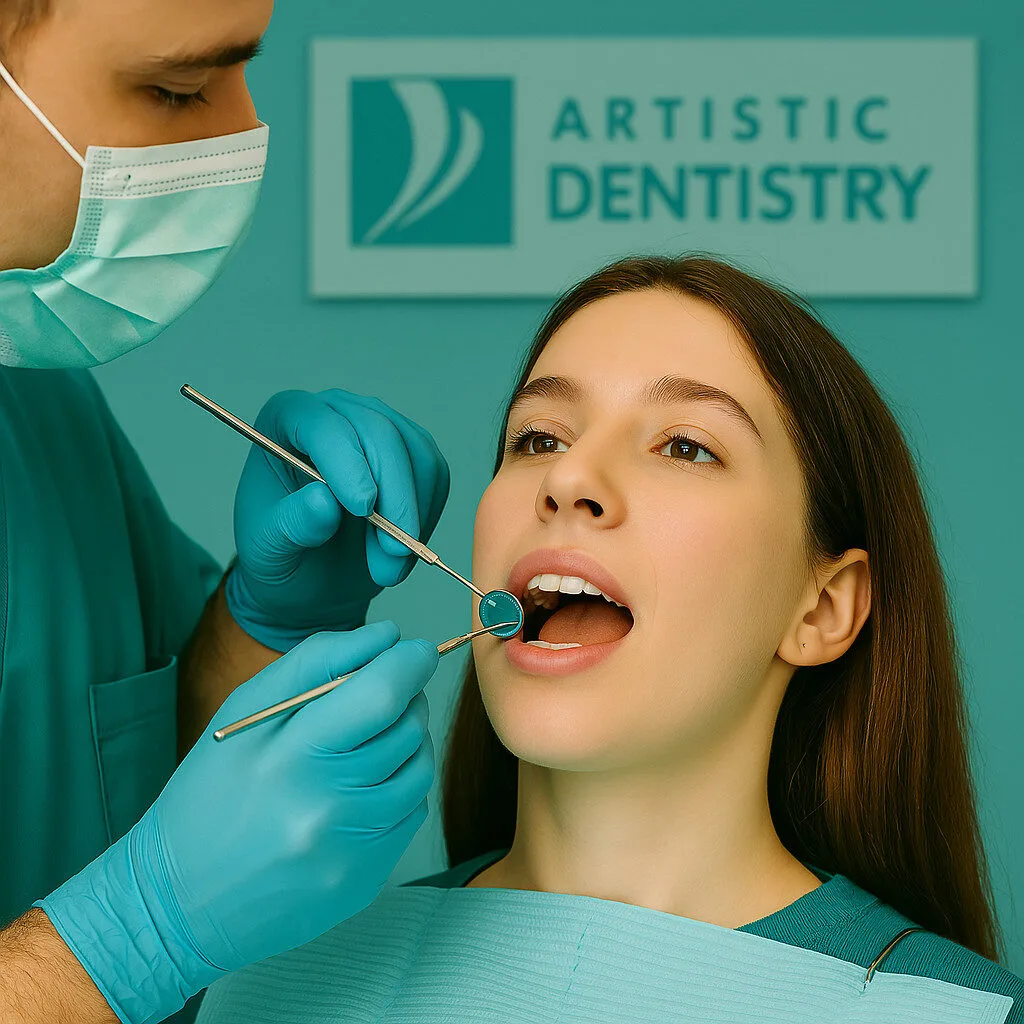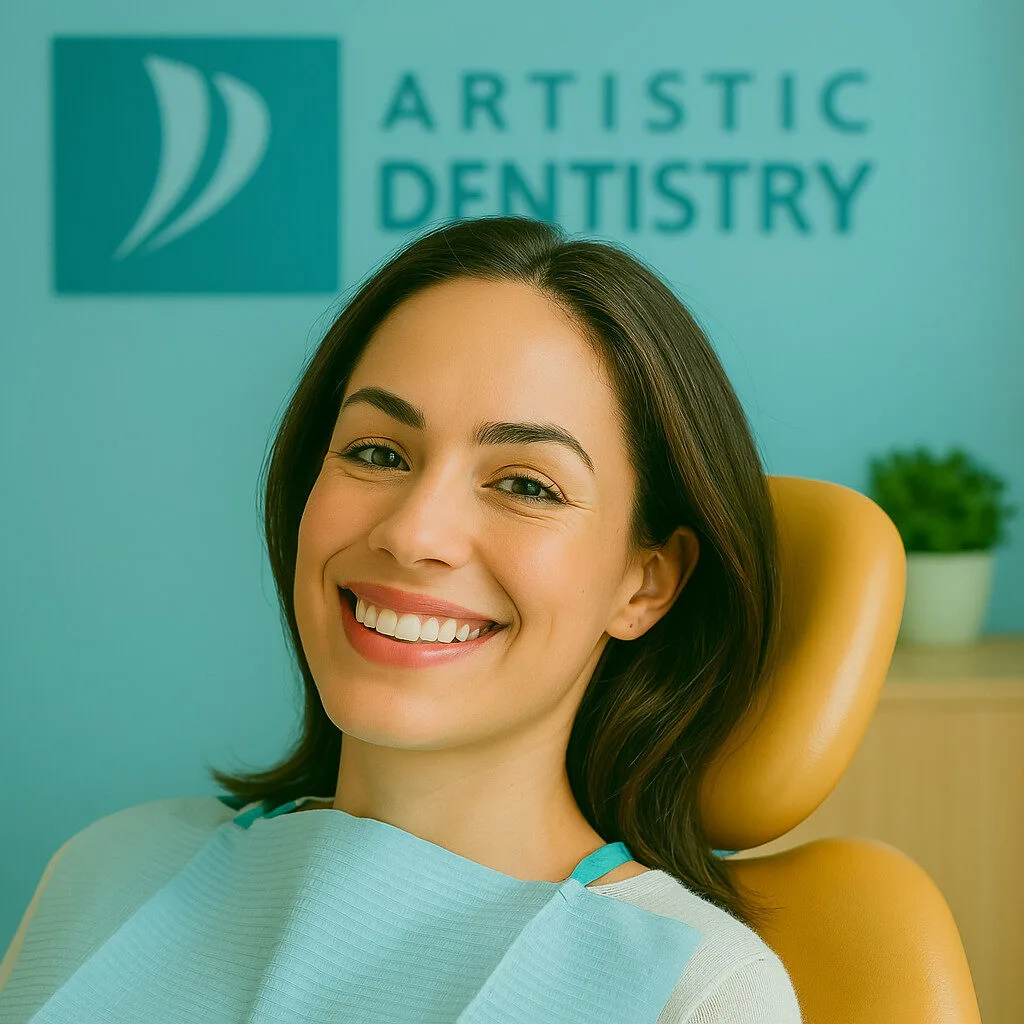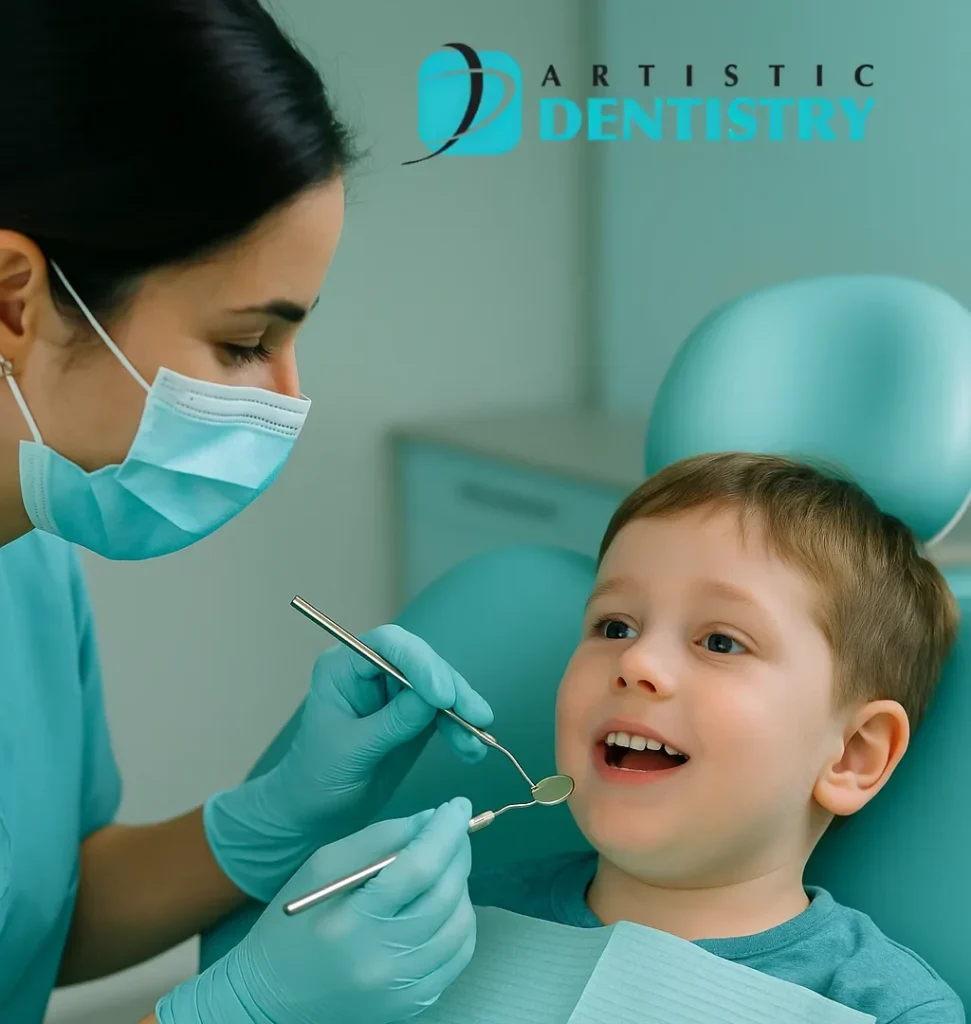Supportive care, tailored for every child
Every child deserves a calm, comfortable dental experience—especially those with special needs. At Artistic Dentistry, we create a peaceful, supportive environment where your child feels safe, understood, and cared for. Using gentle techniques and sedation options, we help turn what could be a stressful visit into a soothing and positive one.
What Is Sedation Dentistry?
Sedation dentistry uses safe, controlled medication to help your child relax during dental care. It’s sometimes called “sleep dentistry,” but most patients stay awake and responsive—just deeply calm. Depending on your child’s needs, we may recommend:
- Minimal sedation: Your child stays awake but relaxed.
- Moderate sedation: They may be drowsy and have little memory of the visit.
- Deep sedation or general anesthesia: Reserved for specific cases where full relaxation is needed.
Why Sedation Can Help Children with Special Needs
Children with sensory sensitivities, anxiety, or medical conditions may find it hard to sit still or feel safe in unfamiliar settings. Sedation dentistry can help by:
- Lowering anxiety and stress
- Making dental visits faster, smoother, and more comfortable
- Helping with movement challenges, allowing our team to work safely and gently
- Providing comfort during longer or more complex procedures
Choosing the Right Option
We work closely with you to select the best sedation method for your child. Factors like age, medical history, the type of procedure, and your child’s comfort level guide our personalized recommendation. Common methods include nitrous oxide (laughing gas), oral sedation, or IV sedation. No two kids are alike, and our team ensures care is as unique as your child.
What to Expect: Preparing for Your Child’s Visit
Before the appointment, we’ll give you clear instructions on how to prepare—including when your child should stop eating or drinking. We’ll also walk you through what to expect that day, from check-in to recovery. Talking with your child about the visit in simple, reassuring language can go a long way. Our team is always here to answer questions and offer calm, caring guidance.
Compassionate Care Starts Here
At Artistic Dentistry in Houston, we believe that every child deserves a dental home where they feel valued and safe. Dr. Enas Nimri and Dr. Dealla Saab have years of experience working with children with special needs, using sedation dentistry to support gentle, meaningful care.
If your child needs extra support during dental visits, we’re here with solutions that comfort, calm, and uplift.
Request an Appointment or learn more about [[Sedation Dentistry]] today.




